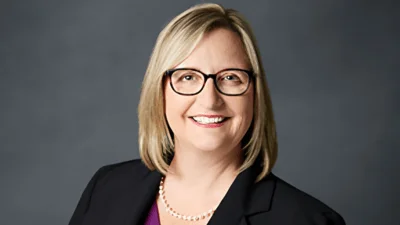Rep. Jerry Lee Long (R-Streator) debated at length with a New Jersey-based psychiatrist on the decriminalization and legalization of marijuana during a joint hearing of House and Senate committees.
Long and other legislators talked for almost five hours on the controversial cannabis subject during Monday's hearing on the legalization of marijuana by the House and Senate Appropriations-Public Safety Committee, Mental Health Committee and Health & Healthcare Disparities Committee.
“I am not here about medical assisted programs for people with opioid problems, and I would like to see medicinal marijuana help them out of their situations,” Long said. “As a matter of fact, I know someone that I confronted recently with that situation and marijuana helped him out of his opioid problem.”
Citing a Life Science study from November, Long said research proved reaction time is slower when THC is in the system.
“As a truck driver of 33 years and seeing really grotesque fatalities at the wheel, it is not just truck drivers, it is people driving behind the wheel drunk,” Long said. “What is the difference between a truck and a car? If you are operating a car you are still putting other peoples lives at risk, is that correct?”
Princeton HealthCare System Director of Continuing Education David Nathan said he does not make that distinction.
“Neither truck drivers, pilots or drivers of private automobiles should drive while intoxicated with anything,” Nathan said.
Long said he wanted to know that without proper roadside testing in place, why the hurry to legalize the drug would allow Illinois residents to carry up to 1 ounce of marijuana.
“The hurry to get this done is because of the damage being done to American lives every day, particularly in communities of color,” Nathan said. “As we sat here today and listened to this testimony, several families' lives were ruined by a young person who was arrested for cannabis, and chances are that person who was arrested was a person of color.”
Nathan said criminalizing marijuana during the Prohibition changed the rules of the game for worse.
“I don’t think we have the luxury of waiting anymore, and after 80 years I don’t know exactly what we are waiting for,” Nathan said.
Long asked Nathan if he truly understood the difference between decriminalizing marijuana and the recreational use of the drug, specifically citing how Illinois decriminalized the drug a few years ago. “Decriminalization is going a long way to decreasing the population in the prison, so I don’t see where that is a fair argument do you?” Long asked.
“Yes, I do, because though decriminalization is a step in the right direction, we in New Jersey don’t have decriminalization, so arrests are still in very high numbers of 4-to-1 African-Americasn to non-African-Americans, the ratio that you see nationally,” Nathan said.
The psychiatrist said decriminalization still prevents the government from regulating cannabis, making it impossible for users to know what they are putting in their system.
“If you want people to limit their cannabis, it's very hard to do if they are getting it in an unlabeled package,” Nathan said. “It is essentially like getting alcohol in an unlabeled bottle. You don’t know how strong it is and that is a terrible idea. Legalization at least allows for people to know what they are getting.”
.jpg)






 Alerts Sign-up
Alerts Sign-up